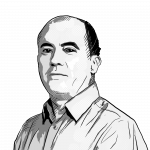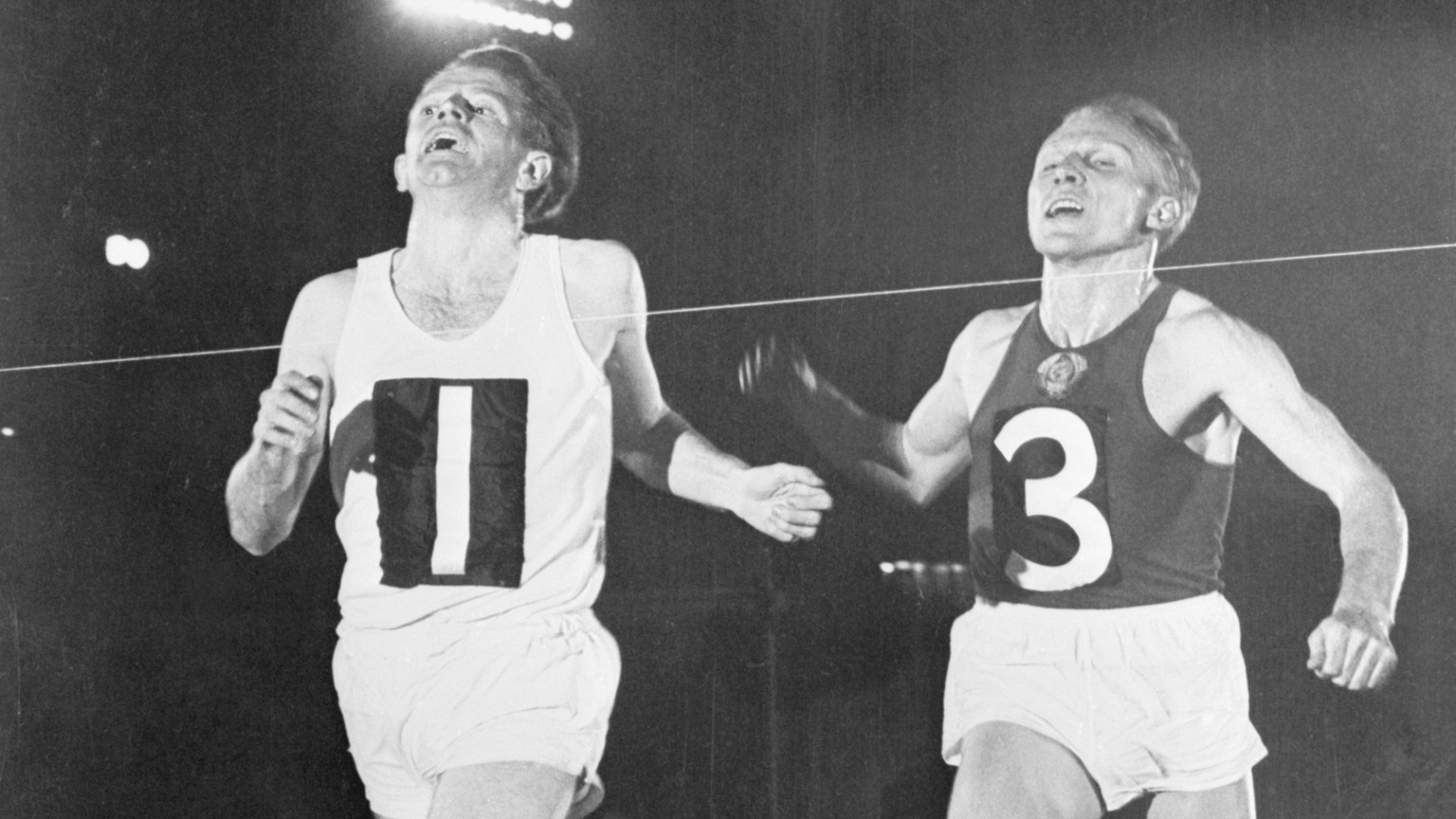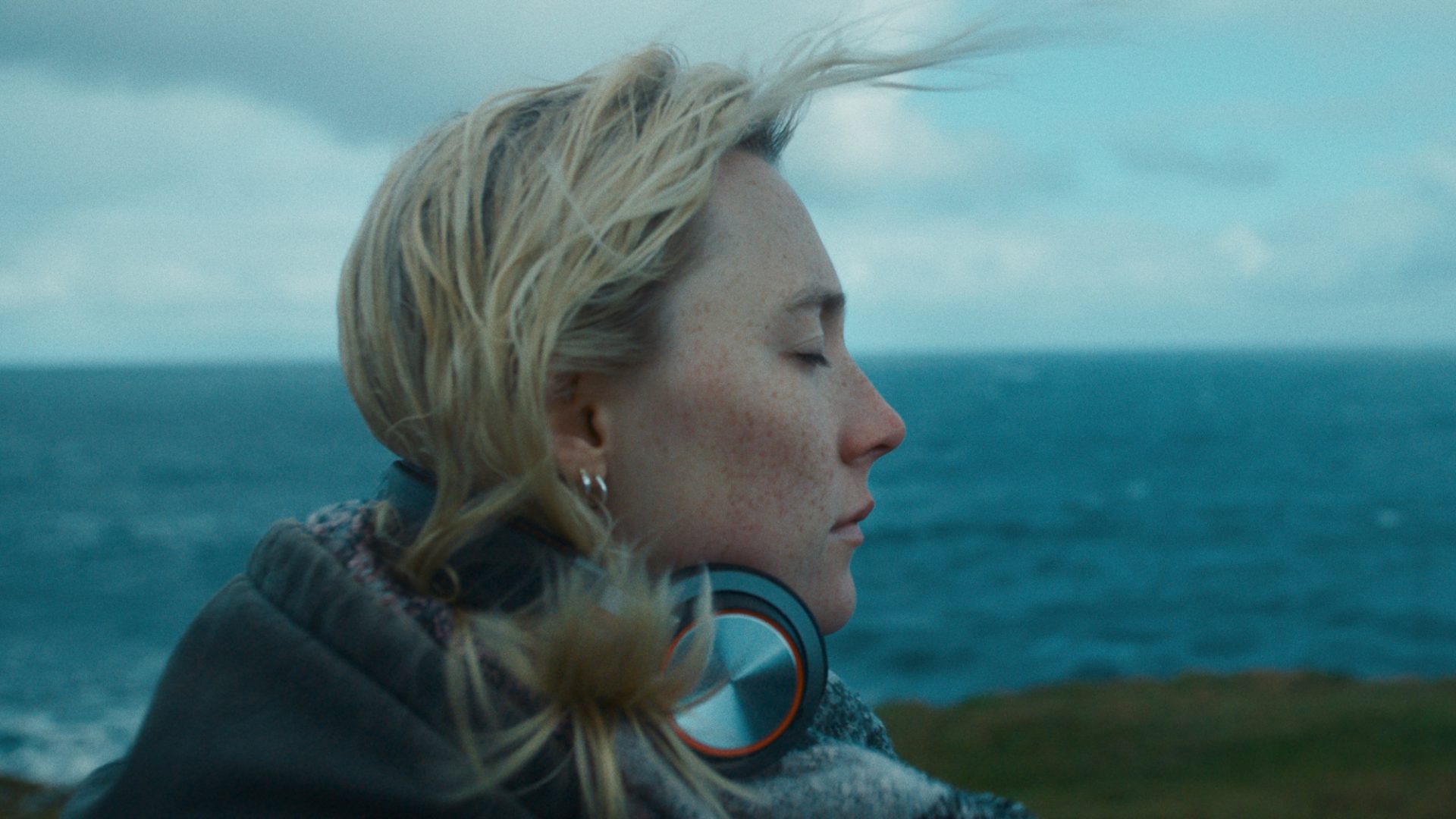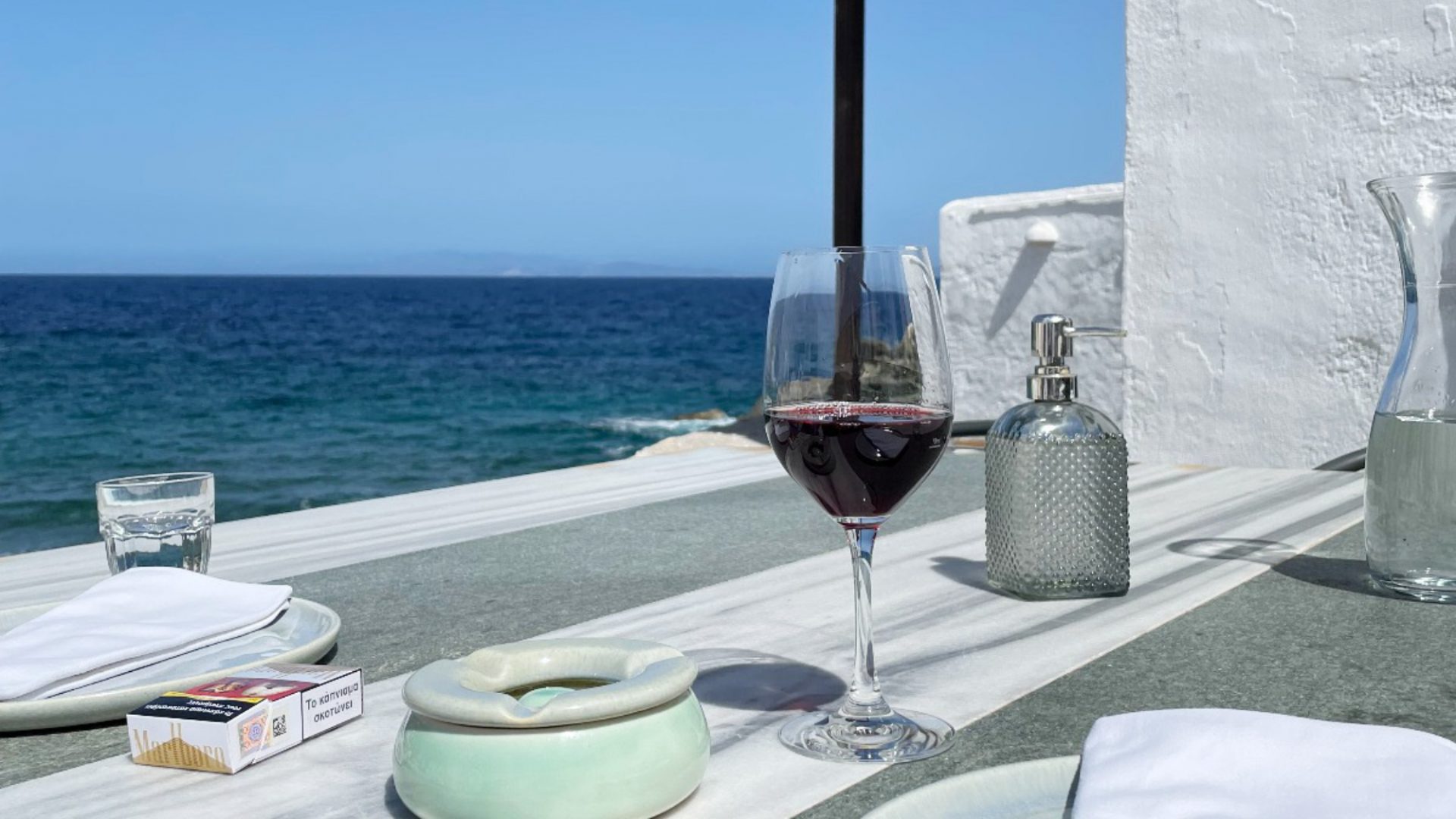What does the word “Eurovision” conjure up for you? Abba, Wogan, Conchita Wurst? Ding-a-Dong, A-Ba-Ni-Bi, Diggi-Loo Diggi-Ley? Lordi, Norton, Nul points?
Before all that, before the Eurovision Song Contest was a thing, there was still Eurovision. It was the brainchild of the European Broadcasting Union (EBU) and it began life as a technical experiment. Could it be possible to offer live, simultaneous TV broadcasts to the citizens of its member nations?
So whereas “Eurovision” now equals an interminably long song competition, contested by the flamboyant, often inept, but occasionally inspired, its original concept was for news, current events, concerts and sport (and, for those with elephantine memories, Friday-evening fun with Jeux sans frontières) broadcast across Europe.
The EBU was established in 1950 and the head of its programme department, Marcel Bezençon, wanted to make programme content from one country available to broadcasters in others. British journalist George Campey dubbed the concept Eurovision, a name that stuck. By 1954 the technology was in place to trial the system. And it first came to prominence one chilly autumn evening at White City in London, 70 years ago this month.
Earlier that year the Eurovision network had launched with a live transmission from the Narcissus music and arts festival in Switzerland. But it would be a sporting event that really brought Eurovision into the consciousness of the continent’s public. Television ownership had grown rapidly in the 1950s, notably in Britain but also elsewhere, after many sets were purchased to watch the coronation of Elizabeth II. However, live TV sport remained something of a novelty. That was about to change.
Soviet athlete Vladimir Kuts was the world-record holder at 5,000 metres and newly crowned European champion when a team from Moscow (essentially the USSR) turned up at White City stadium to take on London (essentially Great Britain) on October 13, 1954. It was the first time athletes from behind the Iron Curtain had been seen in the UK, and was billed in the press as a “cold war face-off”, “British values against the might of the Soviet machine”.
Kuts was the star attraction, and a sell-out crowd of 45,000 packed the grandstands. Outside, mounted police held back those unable to get in.
And Eurovision was there to broadcast the historic sporting clash. Twelve million would tune in, a staggering number for that time, astonishing executives at the EBU as they realised exactly what power Eurovision could wield.
Top of the bill was the 5,000 metres. Kuts was up against the debonair, cigar-smoking Chris Chataway. As an Oxford student aged 21, he had made the Olympic final at the Helsinki Games in 1952, leading into the final bend until he stumbled and came home fifth. By 1954 he had contributed as pacemaker to Roger Bannister’s successful attempt on the four-minute mile and had won gold at Vancouver’s Commonwealth Games.
Nonetheless, one month before their encounter at White City he, and the great Czech runner Emil Zátopek, had been comprehensively beaten by Kuts in the European Championship final in Berne in a new world-record time. The Soviet athlete was the overwhelming favourite.
White City had no floodlights so, to aid the broadcast, the organisers set up wartime aircraft searchlights on the stadium roof with which operators followed the runners. It was this effect that had such an impact on television viewers. Sometimes the athletes escaped the pools of light, only to be picked up by another searchlight seconds later. It was a beguiling, very new TV experience.
Kuts was in the Red Army and could effectively prepare full-time. He was regarded as the hardest-training athlete in the world and was notorious for varying his speed throughout races, confusing and degrading the opposition by inserting lightning-fast bursts before slowing and allowing his pursuers a glimmer of hope as they closed the gap, only for him to move away once more.
Chataway – reputed to train only 35 hours a week, which many coaches considered to be too few – was aware of Kuts’s tactics. Key was whether he could hang on long enough to challenge into the final lap. “I thought whatever happens, stick to him,” he recalled later.
It was in effect professional against amateur. Four athletes took the start, and with the home crowd chanting “Chat-a-way” in the manner of Czech crowds shouting “Zát-o-pek” as they willed home their national favourite, Kuts set the pace with four comfortable laps. All four athletes were still together when the inevitable burst came, leaving Chataway 15 metres in arrears.
He clawed his way back, but Kuts pushed again. “Nobody runs like that,” Chataway said afterwards. Kuts did though, and Chataway had to find a way to cope with it.
With two-thirds of the race gone, Chataway was back in Kuts’s slipstream and the two ran elbow to elbow, picked out by the huge spotlights. Despite Kuts’s brutal surges, Chataway was hanging on. And he knew – or at least hoped – that, as long as he was still there on the charge to the line, his sprint was faster.
Into the final lap Kuts led, and surged again, opening up five metres or more, but still couldn’t shake off the Englishman. Kuts appeared impassive, Chataway far more ragged. They hit the final straight together. Journalist Norris McWhirter wrote: “As if impelled by the roar of the delirious crowd, Chataway switched over to the super-human. With sheer savagery he struck late but decisively, and with consummate if desperate timing surged past his quarry five tantalising yards before he could claim the asylum of the tape.”
“My oxygen debt was horrendous,” Chataway confessed. “Yet, my legs had the capacity to accelerate despite my lungs crying out for relief.” He ran the last lap 0.3 of a second faster than Kuts. It was enough.
They breasted the tape almost side by side. Both had run under Kuts’s world record. “The most painful quarter of an hour of my life,” Chataway would often say. Actually it was 13 minutes, 51.6 seconds.
Kuts would regain his world record 10 days later in Prague. He also went on to win gold in both the 5,000 and 1,000 metres at the 1956 Melbourne Olympics. But that one evening was Chataway’s.
The British press hailed it a victory for freedom over totalitarianism. “That was not how I saw it. I ran for myself,” Chataway later told Prospect magazine. “To me patriotism and sport were separate. In the aftermath of war, when those just older than me had fought and died for humanity, it seemed offensive that journalists employed martial language to describe sporting achievements.”
Despite the world record, the race was for little more than points in an evening team competition, the likes of which were run all over Europe in that era. But the difference was that this race was on Eurovision, the first time many people would see live sport beamed in from another country.
And that has given it enduring significance. Bill Pilkington from Manchester, now aged 77, watched it on TV. “I was only seven and it was without doubt the most thrilling thing I had ever seen,” he says. “Those spotlights picking out the runners. I’ll never forget it.”
“We were watching in West Germany,” says Dieter Schulz, 82. “It wasn’t long after the Berlin airlift and we were profoundly aware of the Soviet occupation of East Germany. And there it was, all the way from England, a Soviet soldier being beaten into second. My dad said it may only be sport, but TV will bring truth into our homes.”
Chris Chataway would go on to win BBC Sports Personality of the Year and later became a Tory MP, chaired the Civil Aviation Authority and received a knighthood. Kuts would become an athletics coach, but died from suicide aged 48 after sinking into alcoholism following a devastating traffic accident. However, both played their part in the birth of the Eurovision era.
Of course, watching live sport from anywhere in the world we now take for granted. But until October 1954, nobody had an inkling of its potential. At least not until Chris Chataway outran Vladimir Kuts at the height of the cold war.
If you need a measure of the event’s significance, it took place in the year of Bannister’s feat at the Iffley Road track in Oxford. This was one of British athletics’ greatest achievements and Bannister was hot favourite to win the BBC award. But the difference was that his race wasn’t televised, and Chataway’s was.
“We were just testing the waters of what we might be able to achieve with Eurovision,” said Ian Jacob, president of the EBU. “Then we saw the viewing figures and the reaction. And we realised the power of what might be.” And Eurovision still exists today, helping nations exchange news and providing verification of social media footage, among other activities.
Most people will still associate Eurovision with the continent’s annual display of euphonious kitsch. With that in mind, it would be nice to think that every winner from Bucks Fizz to Dana International to Nemo offers up silent thanks to Chris Chataway and Vladimir Kuts.
Mick O’Hare is a freelance journalist, author and editor




